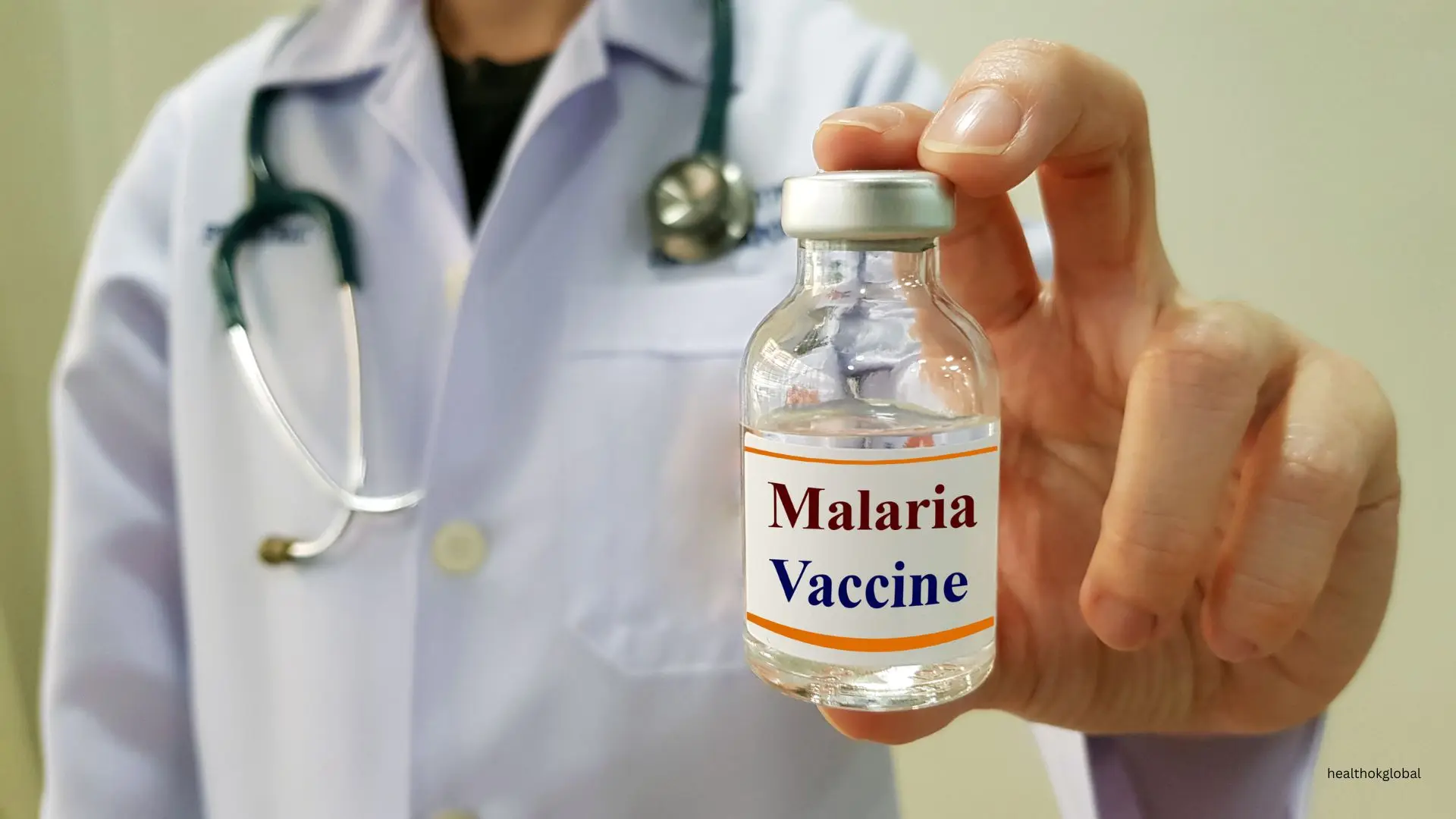A comprehensive nursing care plan for malaria involves assessing patient needs, providing appropriate interventions, and monitoring progress.

Blog
Nursing Care Plan for Malaria: Key Strategies
A comprehensive nursing care plan for malaria involves assessing patient needs, providing appropriate interventions, and monitoring progress. Malaria is a life-threatening disease caused by Plasmodium parasites transmitted through the bites of infected Anopheles mosquitoes. Effective nursing care is crucial in managing malaria and preventing complications.
The first step in developing a nursing care plan for malaria is a thorough assessment of the patient's condition. This includes gathering information about symptoms, medical history, travel history, and any previous episodes of malaria. Key aspects of the assessment include evaluating vital signs, identifying signs of dehydration, and assessing the level of consciousness.
Based on the assessment findings, several nursing diagnoses may be relevant for patients with malaria, including:
Related to the fever caused by the malaria infection.
Related to dehydration from fever, sweating, and decreased fluid intake.
Related to the destruction of red blood cells by the malaria parasites.
Related to low platelet count and impaired clotting.
Related to muscle and joint pain caused by malaria.
Effective nursing interventions are crucial for managing malaria and promoting recovery. Key interventions include:
Administer antipyretics as prescribed and use cooling measures to manage fever.
Encourage fluid intake and administer intravenous fluids as needed to prevent dehydration.
Administer antimalarial drugs as prescribed and monitor for side effects.
Provide pain relief measures such as analgesics and comfort measures.
Regularly monitor vital signs, fluid balance, and laboratory results. Document all assessments and interventions.
Educating patients and their families about malaria, its symptoms, treatment, and prevention is an important aspect of nursing care. Key points to cover include the importance of completing the full course of antimalarial treatment, recognizing signs of complications, and preventive measures to avoid mosquito bites.
After the acute phase of malaria, patients may require rehabilitation and follow-up care to ensure complete recovery. This can include nutritional support, physical therapy, and regular medical check-ups to monitor for any potential relapse or complications.
A comprehensive nursing care plan for malaria involves a thorough assessment of the patient's condition and the development of a tailored care plan. By identifying the key symptoms, risk factors, and appropriate interventions, healthcare professionals can effectively manage malaria and promote patient recovery. Continued education and research are essential for improving the diagnosis and management of malaria, ultimately reducing its impact on patients and healthcare systems.
HealthOK Global's dedicated care team provides essential healthcare assistance for the elderly in India, ensuring they receive comprehensive support in the comfort of their homes. From routine medical check-ups and medication management to personalized nursing care and emergency response services, our expert caregivers are committed to enhancing the quality of life for seniors. With our FREE 24 x 7 Healthcare Helpline, you can reach us anytime at +91-8047190955 (India) or +1-888-462-1804 (USA) to ensure your loved ones receive the best possible care.
The first step in developing a nursing care plan for malaria is a thorough assessment of the patient's condition. This includes gathering information about symptoms, medical history, travel history, and any previous episodes of malaria. Key aspects of the assessment include evaluating vital signs, identifying signs of dehydration, and assessing the level of consciousness.
Based on the assessment findings, several nursing diagnoses may be relevant for patients with malaria, including:
A comprehensive nursing care plan for malaria involves a thorough assessment of the patient's condition and the development of a tailored care plan. By identifying the key symptoms, risk factors, and appropriate interventions, healthcare professionals can effectively manage malaria and promote patient recovery. Continued education and research are essential for improving the diagnosis and management of malaria, ultimately reducing its impact on patients and healthcare systems.
Need Personalized Health Guidance?
Get expert advice tailored to your specific health needs from our qualified healthcare professionals.





